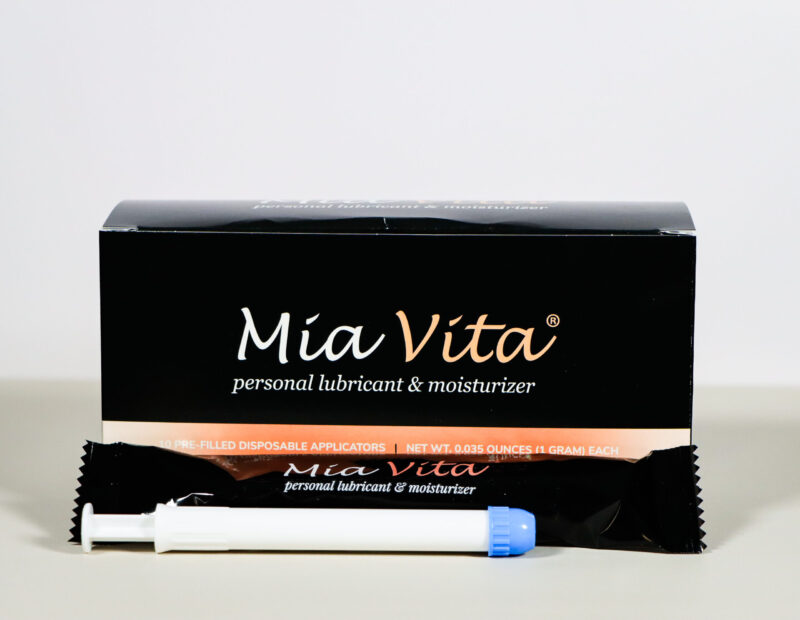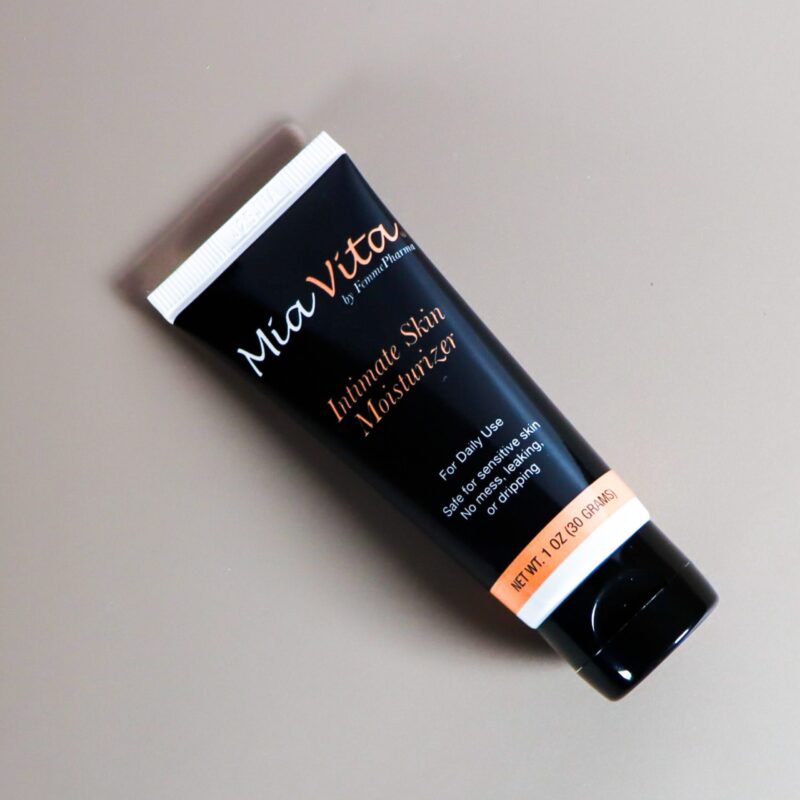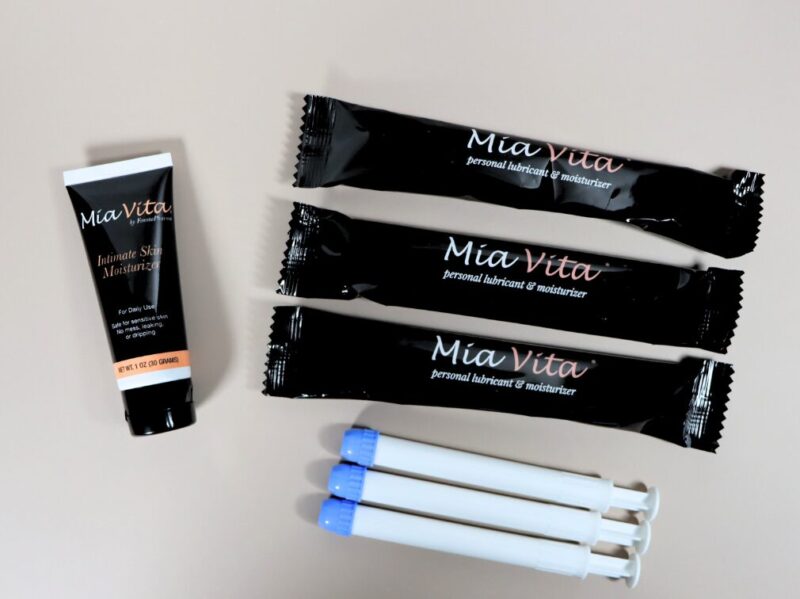Days and weeks after a breast cancer diagnosis can feel as if the world comes to a halt while everyone else keeps moving. Your mind may feel numb, waiting for the news to absorb or racing with questions about next steps and how a diagnosis may impact your routine.
How you live after a breast cancer diagnosis often looks different than life before, and your treatment plan may bring changes to your body. Though often temporary, the thought of a changing appearance can bring up big, complicated emotions. Offer yourself plenty of care and compassion, and do your best to take each day as it comes, focusing on what’s within your control.
As you begin treatment, keep in mind some of these tips to help care for your body and spirit.
Ways to nourish your body as you prepare for breast cancer treatment
Your oncologists and care team direct your breast cancer treatment which may include chemotherapy, radiation, surgery, or other types of treatment like hormonal therapy.
Throughout treatment, it’s essential to focus on the foundations of a healthy lifestyle, such as fueling your body with sufficient nutrients for energy, getting plenty of sleep, and, if you feel up to it, going for a short walk. It’s also a good idea to consider limiting your alcohol intake and boosting the amount of leafy green vegetables on your plate. Healthcare professionals often tout the benefits of a Mediterranean Diet due to its focus on immune-boosting Omega-3’s and its ability to reduce pain in women with breast cancer.
Caring for your hair, skin, and nails during breast cancer treatment
Beyond surgery to remove cancerous cells, chemotherapy (chemo) and radiation are the two most common forms of breast cancer treatment.
Chemotherapy drugs target rapidly growing cancer cells and can impact your whole body. Radiation stops or slows cancer cells’ DNA to keep them from multiplying and mainly impacts the part of your body targeted by external radiation beams. Although both can affect your hair, skin, and nails, chemotherapy carries more significant side effects.
Haircare
Hair grows quickly thanks to fast-growing hair cells which, unfortunately, are the same kinds of cells chemotherapy needs to target to eliminate cancerous cells. That’s why chemotherapy can lead to hair loss after a few weeks of treatment.
As treatment begins, brush your hair with slow, careful strokes and wear it down versus pulling it into a tight style. You can also ask your stylist for a pixie cut or shorter style, or shave it all preemptively if you need chemo.
Many women also choose to wear cotton scarves, hats, or wigs. Realistic-looking wigs have come a long way in recent years. Many wigs now feature invisible hairlines and can mimic your natural hair color, texture, and length. And, bonus, some insurance companies cover the cost of wigs for cancer treatment.
You might also try scalp cooling. Approved by the FDA in 2015, scalp cooling involves wearing a “cold cap” or headpiece that chills your hair follicles and makes them less susceptible to falling out during chemo. In one study, 68% of women maintained most of their hair using scalp cooling though there’s no guarantee it works for every person.
Skincare
Some women lose hair during radiation for breast cancer, but it’s less common. However, you may notice that your skin becomes more dry and irritated with both chemo and radiation. These skin changes are typical treatment side effects and often go away after treatment ends. Try following these tips to help soothe your skin:
- Wash with mild, fragrance-free soaps
- Pat your skin dry (avoid vigorous rubbing)
- Apply a gentle, skin-softening lotion
- Avoid pools or soaking in tubs (even baths)
- Avoid ice packs and heating pads
- Wear loose-fitting, comfortable tops and bottoms and bras without an underwire
Nail care
Your nails require as much care as your hair and skin during treatment for breast cancer. Think about keeping them shorter to help strengthen your nail bed, use fragrance-free lotion or cuticle cream to prevent cracking, and wear gloves for extra protection.
Nail polish can also help strengthen your nails, but you’ll need to use a gentle, oil-based nail polish remover. You can also speak with your doctor to help you form a care plan for your hair, skin, and nails before starting treatment or at any time during the treatment process.
Caring for your mental health after a breast cancer diagnosis
Equally vital to caring for your body during treatment is tuning into your mental health. Your mind and spirit wield considerable power over how you approach treatment and, to an extent, your physical health.
Some women prefer to know as much as possible about their upcoming treatment plan and investigate their diagnosis, while for others, that may increase anxiety and depression. It can help to think back to what helped you during intense feelings or stress in the past and practice those same coping mechanisms or techniques.
At the end of the day, it’s normal to experience feelings like anxiety, depression, and worry after receiving a breast cancer diagnosis. Some days you may feel like your usual self, and others may leave you feeling more overwhelmed.
Lean on Your Community
Prioritize community, family, and friends. At first it may feel uncomfortable to talk about your diagnosis. Over time, however, the people who surround you are the ones who can offer the most support, such as driving you to and from appointments, lending a listening ear, or providing a meal.
Talk with a Therapist
Making an appointment with a therapist or mental health professional can also be helpful for additional support as you begin treatment.
Often hospitals and medical centers offer mental health services as part of a holistic cancer care plan. Psycho-oncology Therapists work specifically with people diagnosed with cancer to guide them through emotional highs and lows and find ways to move forward and cope. These services might include one-on-one talk therapy, support groups, or antidepressant medication. Talking with a therapist can also help lift your spirits and anticipate possible changes to your body and emotions throughout your treatment. Remember to take one day at a time and focus on what’s within your control, whether buying some new nail polish or signing up for a support group. Each step you can take to offer your body care can help give you strength for the days ahead.
FemmePharma has been helping women navigate menopause for over two decades. No matter where you are in your journey, you deserve to have knowledgeable, intimate healthcare partners to help you feel your best. Explore our other articles, podcast episodes with women’s health experts, and products to ease your transition into menopause.



